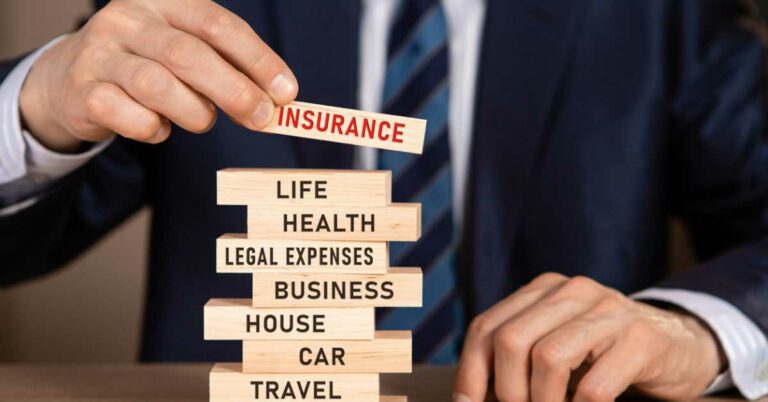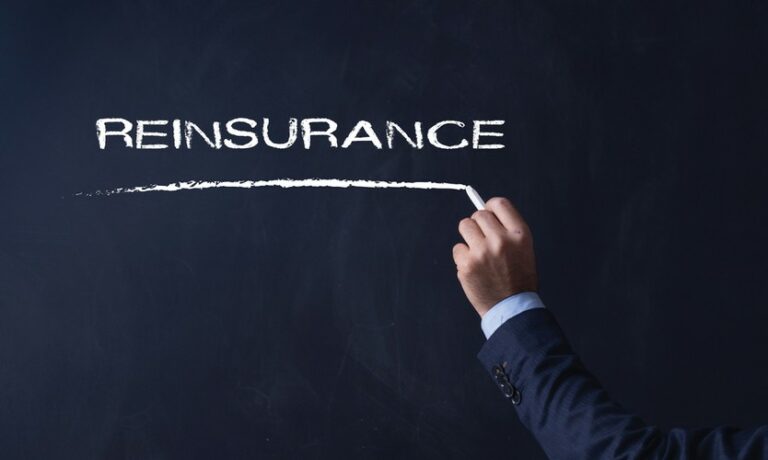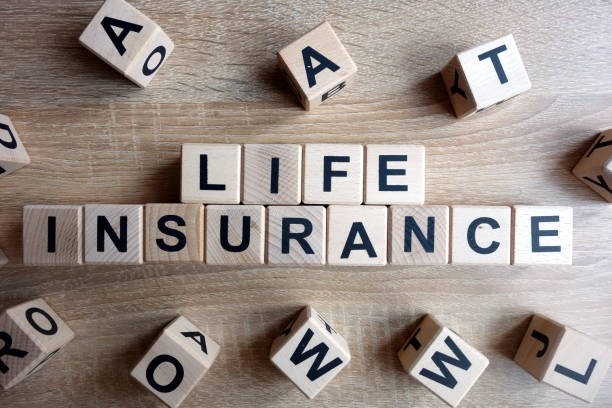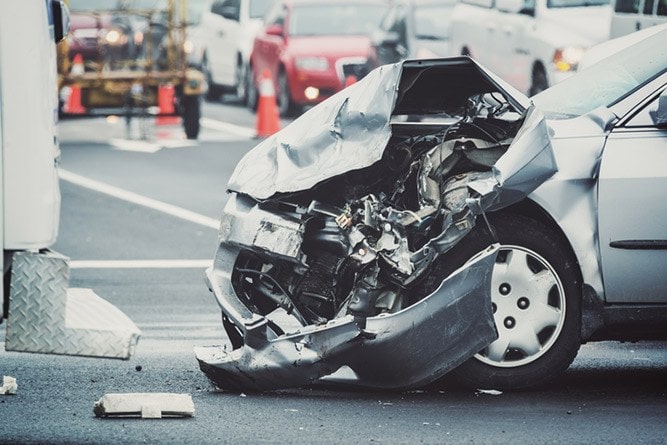What is property insurance? Components and types – A Detailed Guide
Of all the ways you can ensure the security of your property, investing in property insurance takes the lead. As with all assets, properties may incur expenses through damages, thefts, or other perils. In such conditions, external help can be essential to take responsibility for the financial loss and expenses.
However, there are specifications you must factor in while on a quest for the perfect policy. For this reason, you need a broader view of the term property insurance.
In this article, you will learn the different purposes an insurance can serve either as a property owner, renter, or third party. Let’s dive in.
Overview of property insurance
Property insurance is the coverage required for financial protection and risk management in case of property damage. Under this policy, several valuables are covered, so it is not only tied to immovable assets.
More so, it is different from homeowners insurance, which concerns only buildings. Property insurance protects lands, vehicles, and other personal belongings.
So long as you have a valuable property you can’t bear to lose suddenly, you must invest in a coverage plan. Consider it a large shield against unforeseen risks, losses, and costs that property owners are likely to experience. However, not all valuables are covered under this plan.
If there’s expensive jewelry you own, it may require additional floater coverage outside the basic insurance.
That said, property insurance may take different forms, including homeowners insurance, flood insurance, renter’s insurance, or auto insurance. Read on to discover their special uses.
Also Read: 5 Homeowners insurance companies in Canada
Types of property insurance
- Homeowners insurance: This is especially for individuals who own buildings. It secures the building and its contents in case of perils or damages.
- Auto insurance: Car owners who are looking to protect their vehicles from losses and damages should opt for auto insurance. Depending on your plan, it provides insurance for anything on wheels, their passengers, and strangers if affected by the car.
- Commercial property insurance: This covers business owners, their investments, and equipment in general. You can choose this if you don’t want to risk unexpected loss in your business.
Components of property insurance
- Liability coverage: Liability coverage is essential in case of legal claims. When your assets cause bodily harm or damages to others and it results in legal cases, this feature covers expenses.
- Dwelling coverage: This caters to the building together with the built-in features like roof, doors, and other structures attached to the house
- Additional living expenses: In case of sudden damage or destruction that requires the property owner to make room for repairs. Property insurance companies must reimburse for the cost of living outside your house.
- Personal property coverage: This is a basic feature that covers the contents of your property. It caters to personal belongings like electronics, clothing, and furniture that are inside the insured property.
Steps to choosing the best property insurance
- Find out your needs: With property insurance, there are several provisions, so you need to find out what is peculiar to you. That said, you must study your needs and property type to decide on the best policy.
- Compare quotes: After you are sure of your needs, find out all the available options from insurance companies. Look around for the best quotes, rates, and coverage options.
- Seek professional advice: If you need clarification as you shop, consulting a professional may rid you of your confusion. Ask for help if there’s any part of the agreement you don’t understand.
- Review from time to time: After purchasing insurance, don’t relax. Read the contract periodically and check for adjustments that may affect your coverage from your end.
Conclusion
To conclude, property insurance covers damages and liabilities on your property to avoid financial pitfalls. Ensure you study the specified perils on your policy contract, as most plans will not cover damages that are not sudden and accidental.





